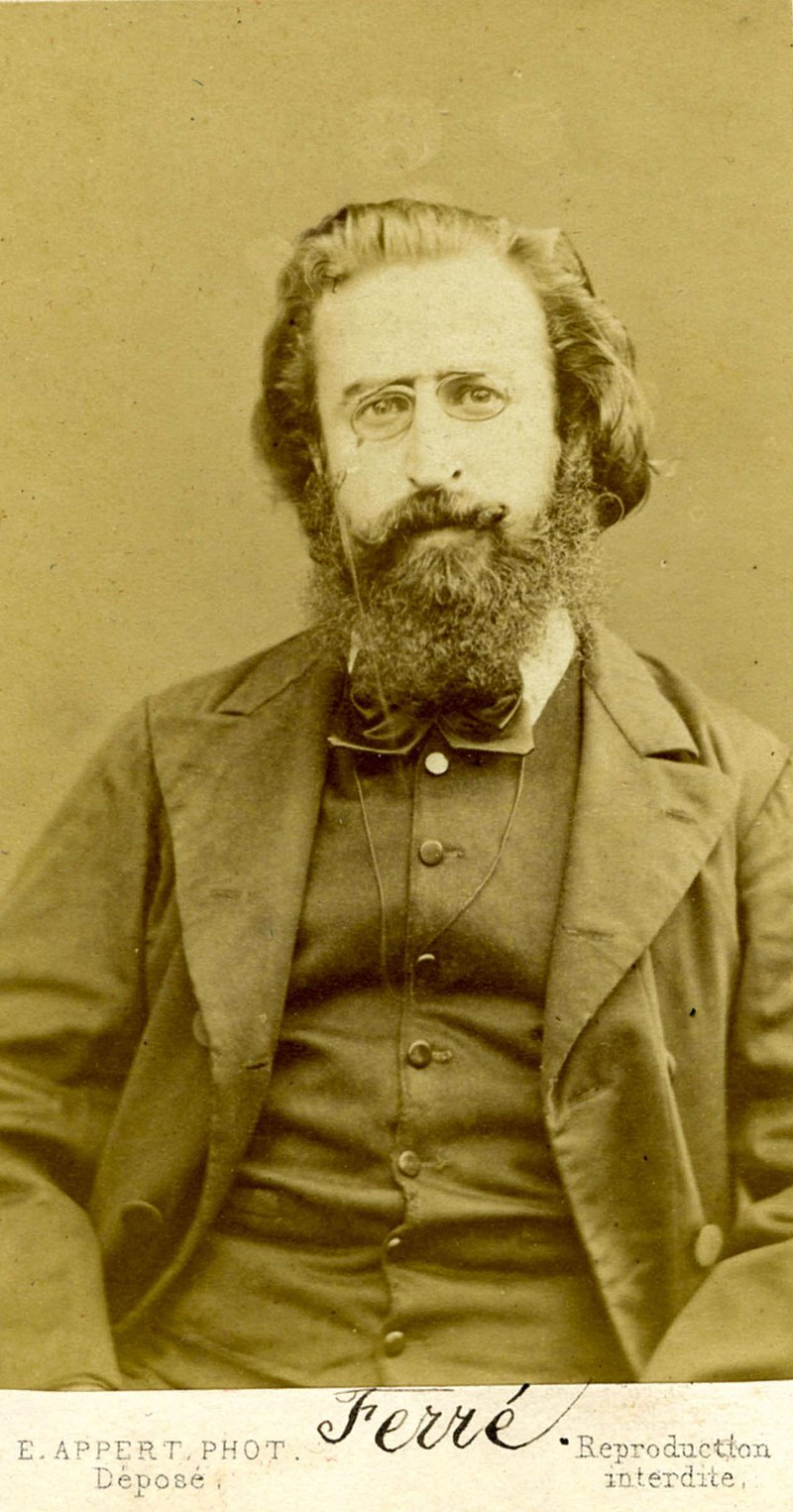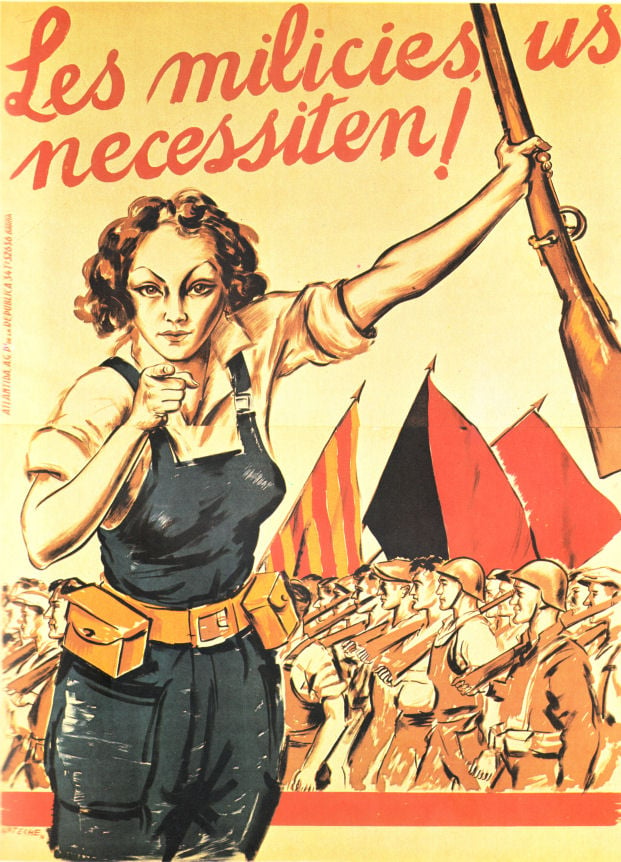Théophile Ferré (1845 - 1871)
Tue May 06, 1845

Image: Théophile Ferré in 1871, photographed by Eugène Appert. From the Musée de l’histoire vivante. [Wikipedia]
Théophile Ferré, born on this day in 1845, was a revolutionary leader of the Paris Commune. Ferré personally authorized the execution of the archbishop of Paris and was later sentenced to death, the first of 25 Communards to be executed.
Little is known about Ferré’s early life, before his participation in the Paris Commune. After Paris was seized by revolutionaries in March 1871, Ferré served on the Commune’s Committee of Public Safety, a body given extensive powers to hunt down enemies of the Commune.
On April 5th, the Commune passed a decree that authorized the arrest of any person thought to be loyal to the French government in Versailles, to be held as hostages. Prominent figures arrested included a Catholic priest Georges Darboy and the archbishop of Paris. The Commune hoped to exchange their hostages for Louis-Auguste Blanqui, a revolutionary and honorary President of the Commune, imprisoned by the state.
Following the events of the “Bloody Week”, in which the French government summarily executed many suspected Communards, Ferré authorized the execution of several hostages, including the archbishop of Paris, Georges Darboy.
After the resistance of the Commune collapsed, Ferré was captured by the army, tried by a military court, and sentenced to death. On November 28th, 1871, he was shot at Satory, an army camp southwest of Versailles. He was the first of twenty-five Communards to be executed for their role in the Paris Commune.
- Date: 1845-05-06
- Learn More: en.wikipedia.org, www.marxists.org.
- Tags: #Birthdays.
- Source: www.apeoplescalendar.org
Ferré authorized the execution of several hostages, including Darboy and the archbishop.
Darboy was the archbishop.
Thanks for the report. It’s now updated and reported to apeoplescalendar.org


